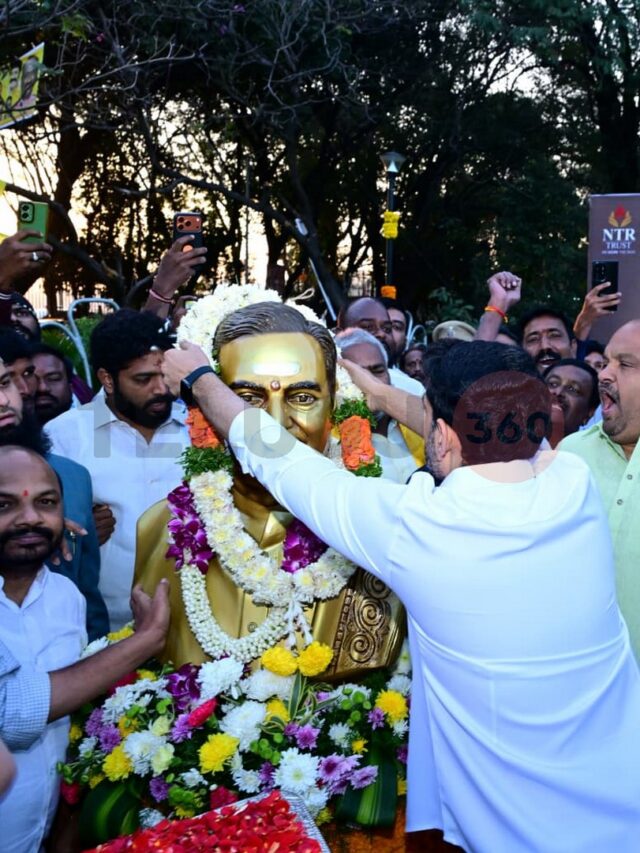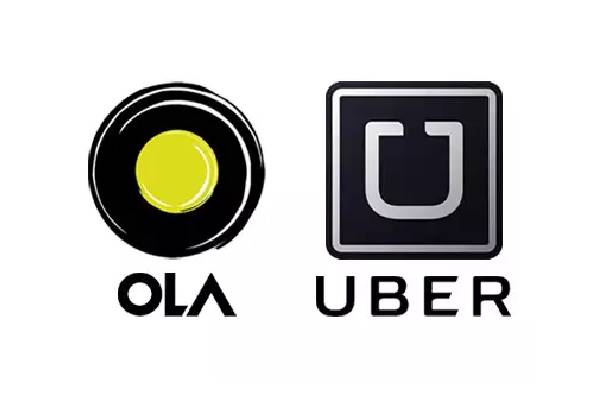The Indian government has taken action against ride-sharing giants Ola and Uber following allegations of differential pricing based on the type of smartphone used by customers. Union Minister Pralhad Joshi announced that the Central Consumer Protection Authority (CCPA) has issued notices to both companies after receiving complaints about fare discrepancies between Android and iOS users. This move comes in response to reports that iPhone users are often charged higher fares than Android users for the same rides, raising concerns about unfair trade practices and consumer rights violations.
The issue came to light when consumers reported significant variations in fares for the same destination depending on whether they booked rides using an Android device or an iPhone. Union Minister Pralhad Joshi described the alleged pricing strategy as an “unfair trade practice” and a “blatant disregard” for consumer rights. While Uber denied that its pricing is based on smartphone types, attributing fare variations to factors like pick-up points and estimated time of arrival, Ola has yet to issue a detailed response.
The CCPA has demanded clarifications from both companies regarding their pricing mechanisms and the factors influencing fare variations. This investigation is part of the government’s broader efforts to ensure transparency and fairness in digital services.
The Central Consumer Protection Authority (CCPA) is a regulatory body established under the Consumer Protection Act, 2019, which came into force on July 24, 2020. Its primary objective is to protect and enforce the rights of consumers as a class. The CCPA is led by a Chief Commissioner and two Commissioners (one for goods and one for services) and is currently headed by Nidhi Khare. It has the power to investigate violations of consumer rights, order the recall of unsafe goods and services, discontinue unfair trade practices, impose penalties of up to ₹10 lakh for misleading advertisements, and prevent endorsers from promoting misleading advertisements for up to one year.
This is not the first time the CCPA has intervened in technology-related consumer issues. Recently, it issued a notice to Apple regarding performance issues with iPhones. The authority’s actions reflect the government’s commitment to ensuring fair practices in the digital marketplace and protecting consumer rights.
The notices to Ola and Uber highlight the growing scrutiny of pricing practices in the digital economy. As the CCPA investigates these allegations, the outcome could set a precedent for greater transparency and fairness in ride-sharing services and other digital platforms. For consumers, this action serves as a reminder to stay vigilant about pricing discrepancies and report any unfair practices to the relevant authorities.


































